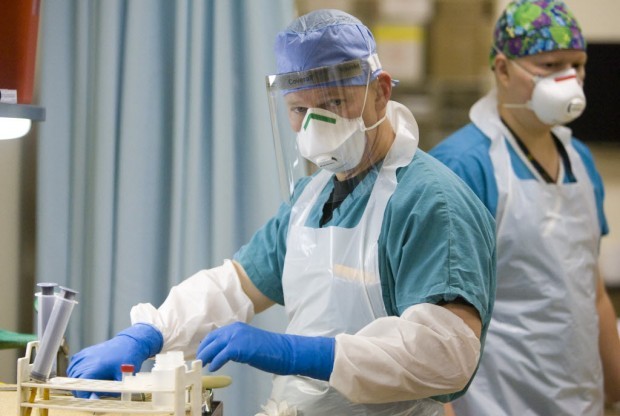Understanding Forensic Pathology briefly
3 min read
A doctor and a detective combined to make a 2-in-1 role does sound exciting, cool and worthwhile. But in reality, it is difficult; especially when the individual is unable to digest the gruesomeness of the crime committed, in fact, even the ability of people to avoid vomiting when seeing a gruesome crime scene or activity is one part of an indicator that they are ready for this role.
The TV series Dexter was about the character whose name is in the title and he himself was a Forensic Pathologist.
We should be thankful to forensic experts to be a part of not just the law enforcement but of our lives, helping dig deeper to look for the truth and prevent many wrongful convictions and wrong conclusions.
But as cool as it sounds, the role is difficult. Let us have a look at Forensic Pathology briefly.
A brief overview of Forensic Pathology
Those who love the idea of being both a detective and a doctor then obviously love procedural crime dramas, shows, soaps and series on television (Dexter, 24, NCIS, Sherlock etc.). Here, detectives rely on information provided by a medical examiner in solving the case, the crime and other puzzles. They also do such to prevent wrong reporting and prevent wrongful convictions too.
Those who are interested in coupling together basic sciences with clinical sciences (even if they are studying from a well-known Caribbean medical school) should know that a career as a forensic pathologist (in forensic pathology of course) awaits them, and is right for them.
But what are forensic pathologists? They are specialist physicians who are able to determine the cause of death in cases which can, may and potentially include legal proceedings.
Importance of forensic pathology
Each day in hospitals, at homes, and on the streets, a lot of people die due to unexpected reasons. Some of these deaths are either unexplained or are due to suspicious circumstances and incidents, while the rest are secondary to suicide, murder, homicide or a violent trauma.
In these cases, the bodies are transported to either the morgue or the country coroner’s office. In the latter, forensic pathologists perform either a partial or a complete examination by means of an autopsy (sort of a post mortem).
Forensic pathologists establish the cause(s) of death via gross inspection, toxicology tests, microcopy and crime laboratory methods. In addition to carrying out autopsies and composing the official report, they also testify in court whenever needed or on an occasional basis.
In some instances, forensic pathologists might even visit the crime scene to conduct an investigation/examine the scene to find clues. Many forensic pathologists serve as either chief or deputy medical examiners of either a city or a county.
What kind of training is required for medical students to become Forensic Pathologists?
For med students to become a forensic pathologist, they must first complete a four-year residency in anatomical and clinical pathology (upon graduating from medical school specializing in pathology). Afterwards, they undertake a forensic pathology fellowship of one year.
Such fellowships often occur within a country or a city medical examiner’s office. For instance, the largest forensic pathology fellowship occurs in the Office of the Chief medical examiner of the city of New York in the United States.
How much do forensic pathologists make?
Depending upon the agency which work for, the typical forensic pathologist earns between USD$ 250,000 to more than USD$ 400,000 annually. Plus, a lot of forensic pathologists consult on the sidelines in major court trials, which can give them an additional amount of USD$ 50,000 (and even more) annually reviewing cases for either the prosecution lawyers or the defence lawyers.
Are forensic pathologists popular stateside and is there any shortage of them?
Forensic Pathology does have its popularity and action packed shows on the media featuring them (Dexter, Sherlock etc.) have made this field even popular. Yes such kind of a medical education is expensive stateside but it is worth studying.
Some forensic pathologists are graduates from Caribbean medical schools and they mostly are American. Why are Americans needed in forensic pathology? Because they are not only working with the police (a state body of the United States) but also do a lot of detective work too






